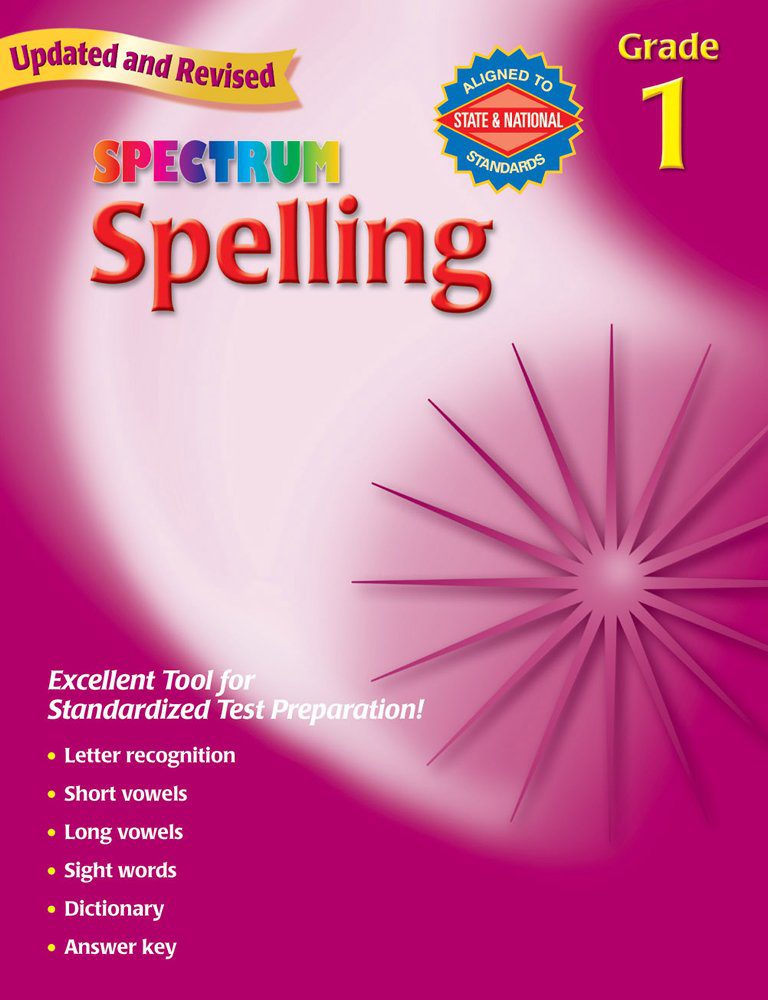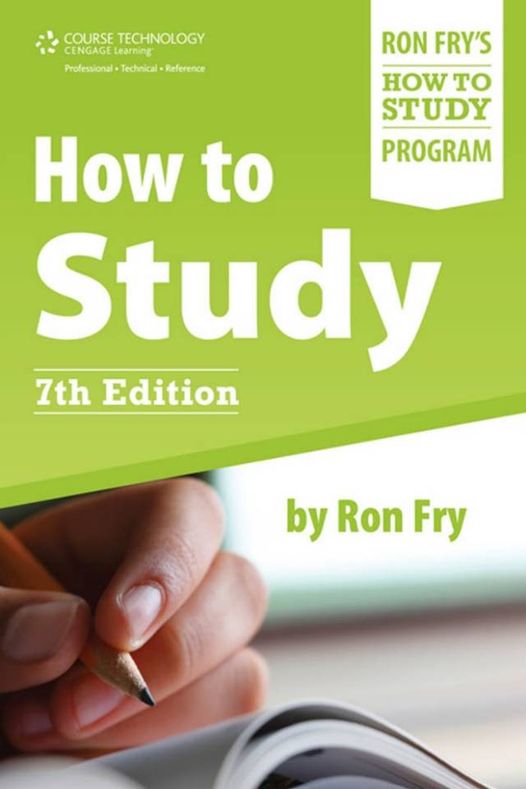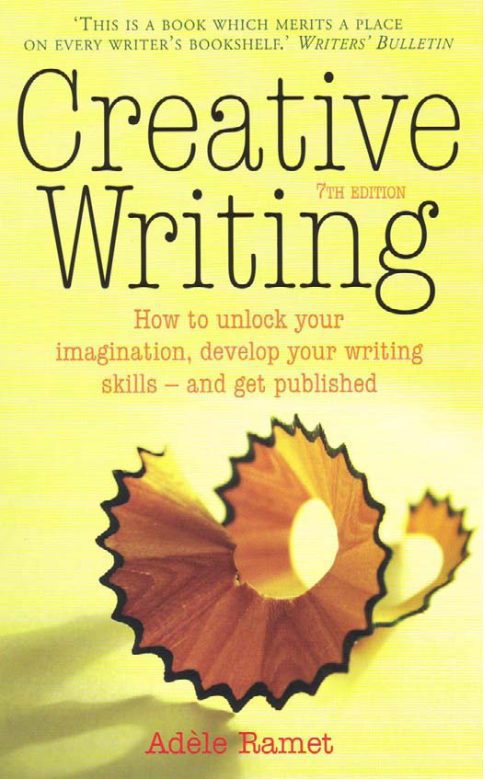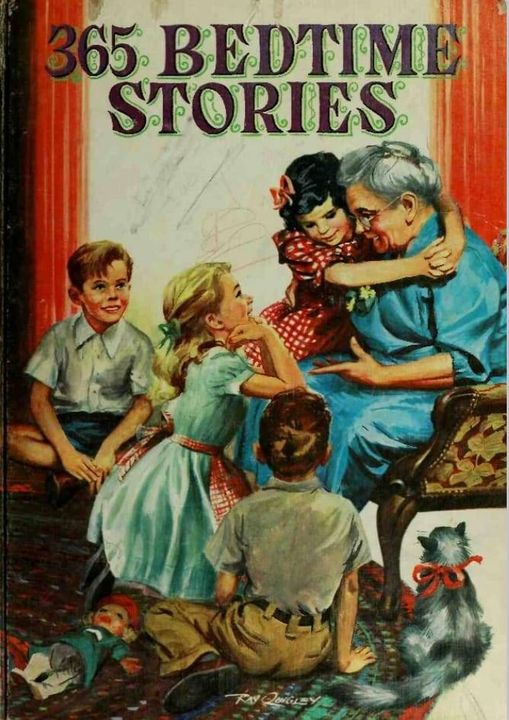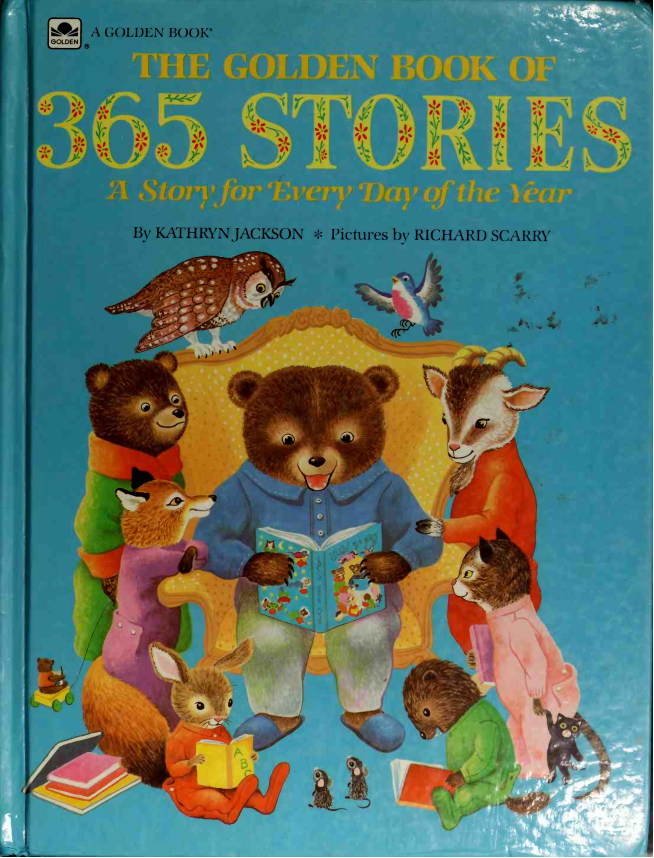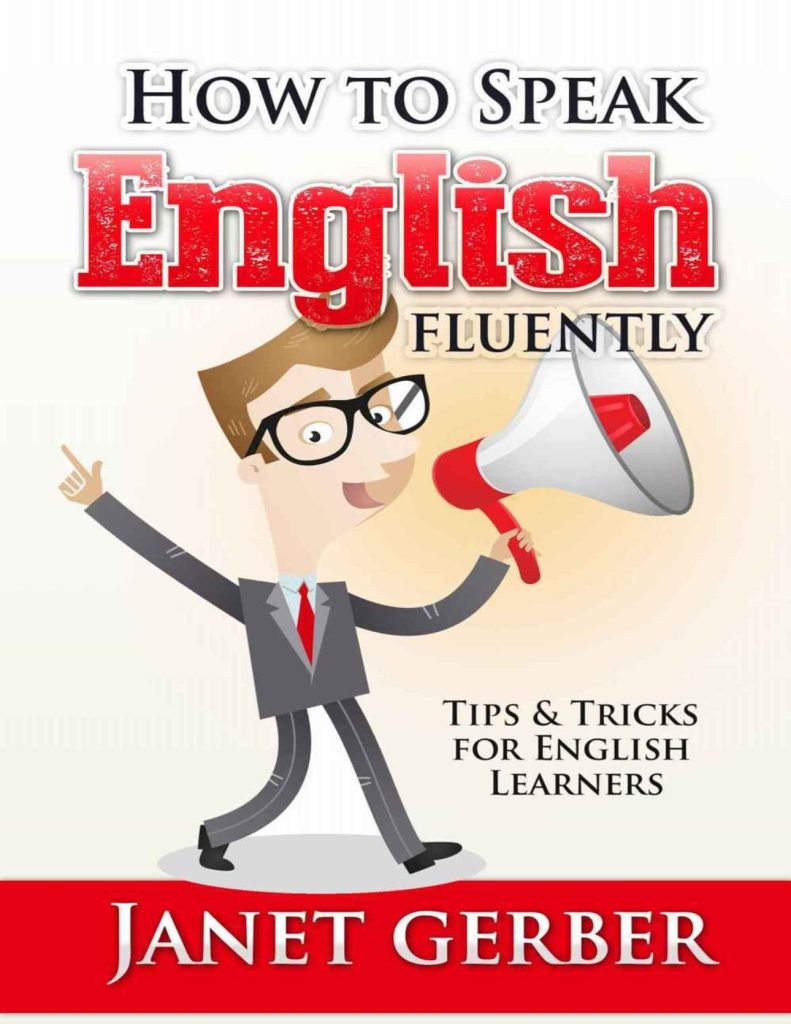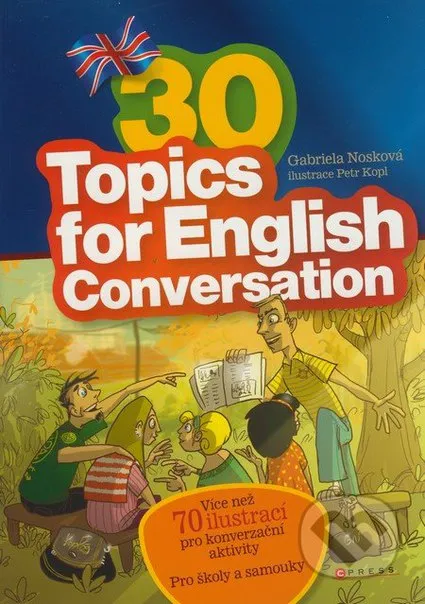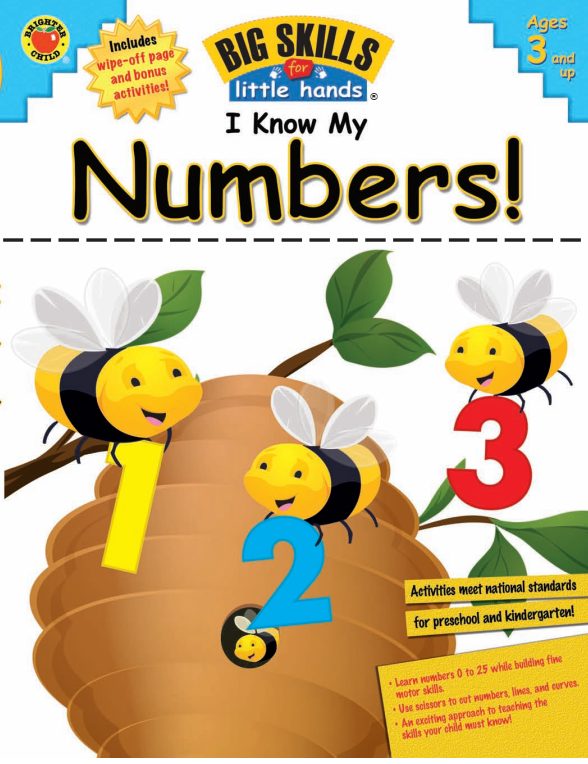Spectrum-Spelling-Workbook-1
Spectrum Spelling is a series of educational workbooks designed to help students in grades 1-6 improve their spelling skills. Each book in the series focuses on a specific grade level and includes activities and exercises that are designed to be both challenging and engaging. The first book in the series is intended for students in grade 1.
To use the Spectrum Spelling Workbook series effectively, here are a few general tips:
Assess the student’s current spelling abilities to determine which grade level of the series would be appropriate.
Set aside dedicated time each day or each week for spelling practice. Consistency is key to making progress.
Encourage students to work through the book at their own pace, rather than trying to rush through it.
Help students to understand the spelling rules and patterns presented in the book. Many of the exercises are designed to help students practice applying these rules.
Review the student’s work and provide feedback on their progress.
Regularly assess the student’s progress and adjust the plan accordingly, if needed.
7.Practice, practice, practice! Spelling is a skill that takes time to develop, but with regular practice and the help of a good spelling workbook, students can make significant progress.
To use the Spectrum Spelling Workbook series effectively, here are a few general tips:
Assess the student’s current spelling abilities to determine which grade level of the series would be appropriate.
Set aside dedicated time each day or each week for spelling practice. Consistency is key to making progress.
Encourage students to work through the book at their own pace, rather than trying to rush through it.
Help students to understand the spelling rules and patterns presented in the book. Many of the exercises are designed to help students practice applying these rules.
Review the student’s work and provide feedback on their progress.
Regularly assess the student’s progress and adjust the plan accordingly, if needed.
7.Practice, practice, practice! Spelling is a skill that takes time to develop, but with regular practice and the help of a good spelling workbook, students can make significant progress.
To use the Spectrum Spelling Workbook series effectively, here are a few general tips:
Assess the student’s current spelling abilities to determine which grade level of the series would be appropriate.
Set aside dedicated time each day or each week for spelling practice. Consistency is key to making progress.
Encourage students to work through the book at their own pace, rather than trying to rush through it.
Help students to understand the spelling rules and patterns presented in the book. Many of the exercises are designed to help students practice applying these rules.
Review the student’s work and provide feedback on their progress.
Regularly assess the student’s progress and adjust the plan accordingly, if needed.
7.Practice, practice, practice! Spelling is a skill that takes time to develop, but with regular practice and the help of a good spelling workbook, students can make significant progress.
To use the Spectrum Spelling Workbook series effectively, here are a few general tips:
Assess the student’s current spelling abilities to determine which grade level of the series would be appropriate.
Set aside dedicated time each day or each week for spelling practice. Consistency is key to making progress.
Encourage students to work through the book at their own pace, rather than trying to rush through it.
Help students to understand the spelling rules and patterns presented in the book. Many of the exercises are designed to help students practice applying these rules.
Review the student’s work and provide feedback on their progress.
Regularly assess the student’s progress and adjust the plan accordingly, if needed.
7.Practice, practice, practice! Spelling is a skill that takes time to develop, but with regular practice and the help of a good spelling workbook, students can make significant progress.
To use the Spectrum Spelling Workbook series effectively, here are a few general tips:
Assess the student’s current spelling abilities to determine which grade level of the series would be appropriate.
Set aside dedicated time each day or each week for spelling practice. Consistency is key to making progress.
Encourage students to work through the book at their own pace, rather than trying to rush through it.
Help students to understand the spelling rules and patterns presented in the book. Many of the exercises are designed to help students practice applying these rules.
Review the student’s work and provide feedback on their progress.
Regularly assess the student’s progress and adjust the plan accordingly, if needed.
7.Practice, practice, practice! Spelling is a skill that takes time to develop, but with regular practice and the help of a good spelling workbook, students can make significant progress.To use the Spectrum Spelling Workbook series effectively, here are a few general tips:
Assess the student’s current spelling abilities to determine which grade level of the series would be appropriate.
Set aside dedicated time each day or each week for spelling practice. Consistency is key to making progress.
Encourage students to work through the book at their own pace, rather than trying to rush through it.
Help students to understand the spelling rules and patterns presented in the book. Many of the exercises are designed to help students practice applying these rules.
Review the student’s work and provide feedback on their progress.
Regularly assess the student’s progress and adjust the plan accordingly, if needed.
7.Practice, practice, practice! Spelling is a skill that takes time to develop, but with regular practice and the help of a good spelling workbook, students can make significant progress.To use the Spectrum Spelling Workbook series effectively, here are a few general tips:
Assess the student’s current spelling abilities to determine which grade level of the series would be appropriate.
Set aside dedicated time each day or each week for spelling practice. Consistency is key to making progress.
Encourage students to work through the book at their own pace, rather than trying to rush through it.
Help students to understand the spelling rules and patterns presented in the book. Many of the exercises are designed to help students practice applying these rules.
Review the student’s work and provide feedback on their progress.
Regularly assess the student’s progress and adjust the plan accordingly, if needed.
7.Practice, practice, practice! Spelling is a skill that takes time to develop, but with regular practice and the help of a good spelling workbook, students can make significant progress.
To use the Spectrum Spelling Workbook series effectively, here are a few general tips:
Assess the student’s current spelling abilities to determine which grade level of the series would be appropriate.
Set aside dedicated time each day or each week for spelling practice. Consistency is key to making progress.
Encourage students to work through the book at their own pace, rather than trying to rush through it.
Help students to understand the spelling rules and patterns presented in the book. Many of the exercises are designed to help students practice applying these rules.
Review the student’s work and provide feedback on their progress.
Regularly assess the student’s progress and adjust the plan accordingly, if needed.
7.Practice, practice, practice! Spelling is a skill that takes time to develop, but with regular practice and the help of a good spelling workbook, students can make significant progress.
Spectrum-Spelling-Workbook-1 Read More »

